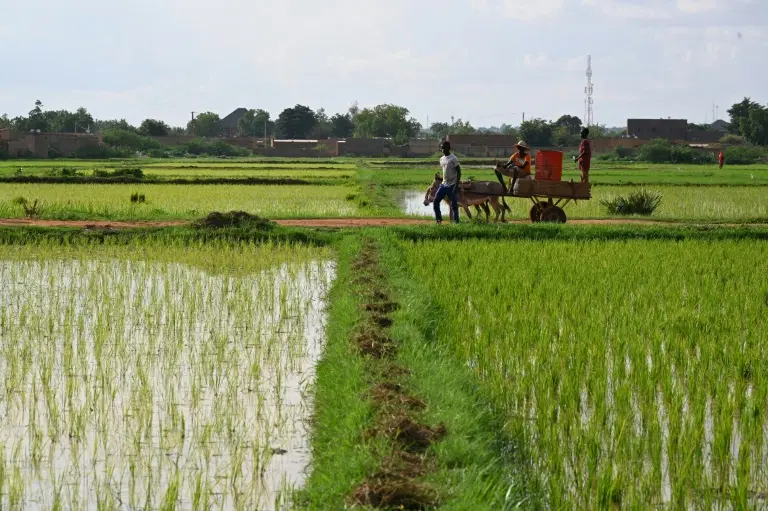Niger’s military authorities have imposed a ban on the export of rice, cereals, and other food products to all countries except neighboring junta-led nations Burkina Faso and Mali. This decision aims to safeguard local supplies in light of rising inflation affecting staple foods.
The ban includes exports of legumes such as cowpea, as well as cereals like millet, sorghum, and corn. Junta leader Abdourahamane Tiani emphasized that the measure is intended “to protect the supply of the internal market” and “make the goods of mass consumption accessible” to Nigeriens, as stated in a government announcement released late Wednesday.
The government has specified that these export prohibitions do not extend to Mali and Burkina Faso, which share similar military leadership after recent coups. Penalties for violating the ban may include the seizure of shipments and criminal charges.
Niger is a crucial regional supplier of cereals, particularly for neighboring Nigeria. Despite the lifting of sanctions by the Economic Community of West African States (ECOWAS) in February following the July 2023 coup, disruptions to regular supplies have persisted, contributing to high inflation in local markets, particularly for rice.
The closure of the Niger-Benin border has further exacerbated these supply challenges. In response, the agriculture minister has pledged to purchase part of the farmers’ harvests to bolster the country’s emergency reserves and expressed hope for “good agricultural harvests” despite significant flooding impacting the region.

